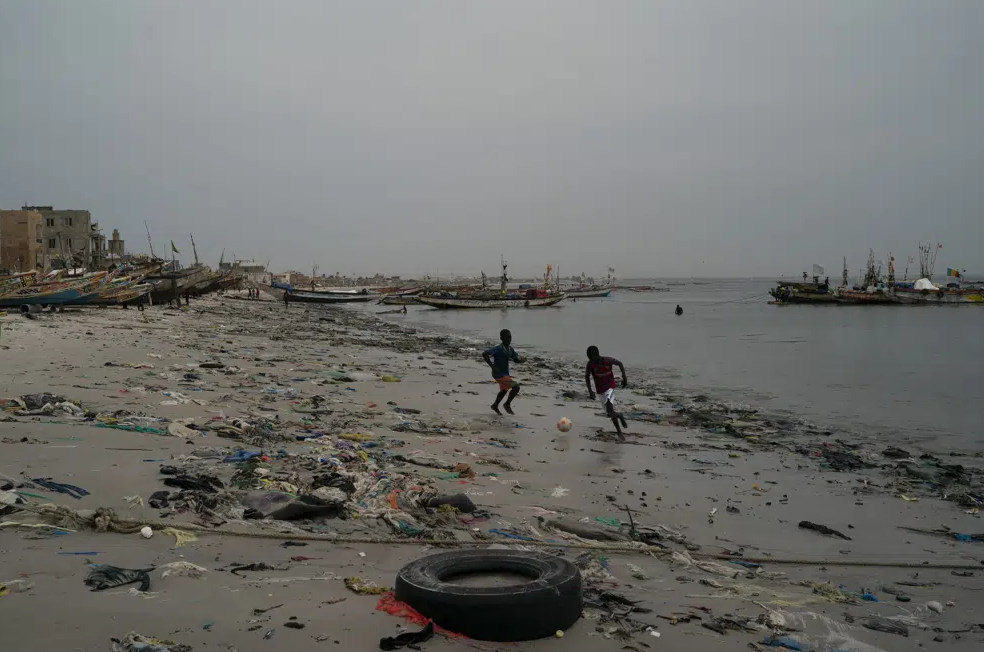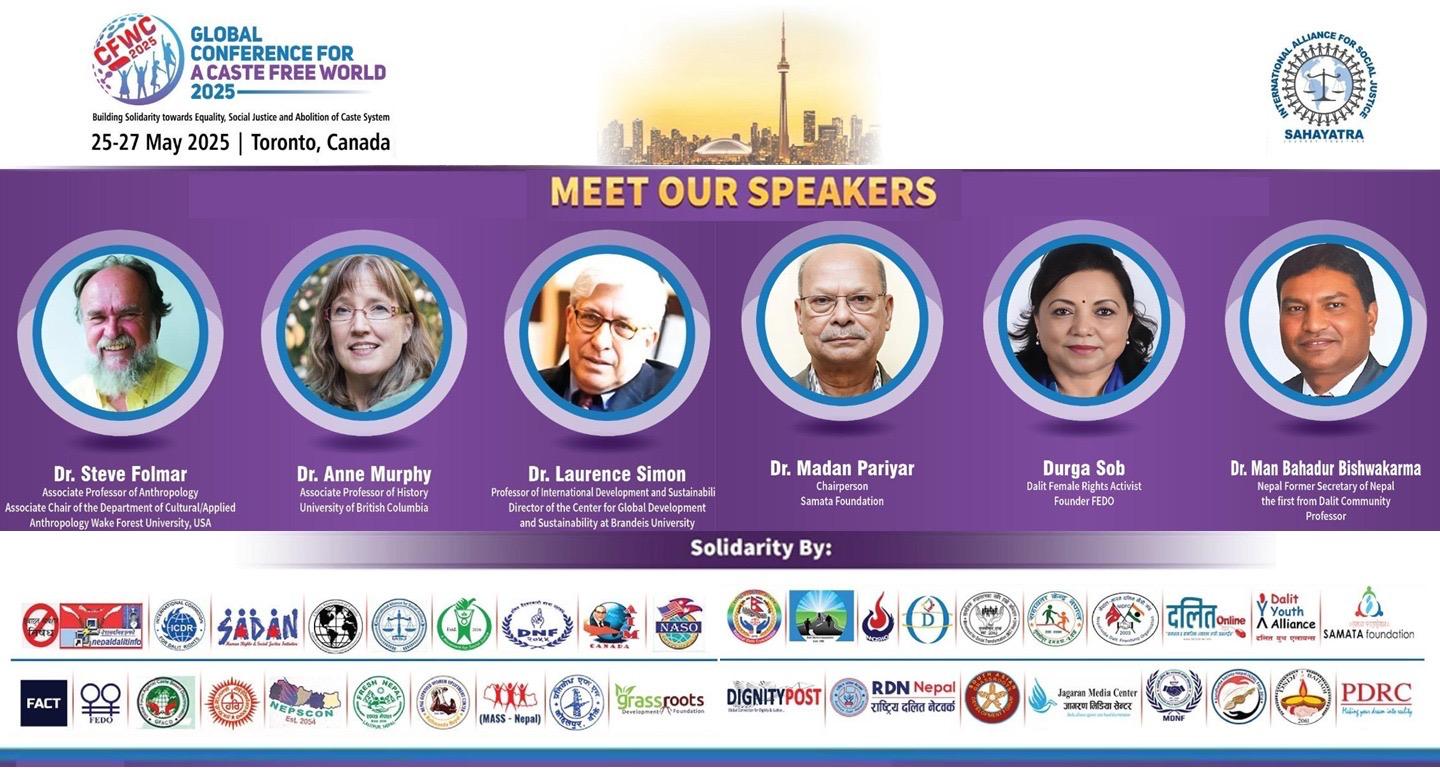Africa forum hails ‘circular economy’ solutions for climate

By WANJOHI KABUKURU, AP
MOMBASA, Kenya : Reducing waste while boosting recycling and reuse, known as the ‘circular economy,’ will be vital for halting the loss of nature by meeting growing demand with fewer resources and will make communities more resilient to climate change by encouraging more sustainable practices on the African continent, organizers of the World Circular Economy Forum said Wednesday.
The conference, which brings together climate and economic experts as well businesses and think tanks, is being held in the Rwandan capital Kigali — the first ever in the global south.
“It is much easier to adapt now than the costs that we will incur if we wait,” said Wanjira Maathai of the World Resources Institute at the forum. As climate change makes weather more extreme, the costs incurred from the damages are increasing. “It is time we look at it (circular economy) as a driver of Africa’s development.”The three-day forum, which ends Thursday, encourages a shift to an economic model that promotes less material consumption and promotes what’s known as regenerative agriculture practices like rotating crops or using fewer chemical fertilizers or pesticides. The talks will also push nature-based solutions to boost natural resources such as rewilding. Many on the continent are already exploring how to use waste in new ways.At the opening ceremony Tuesday, Rwandan environment minister Jeanne d’Arc Mujawamariya said the continent should galvanize local knowledge from its youth, innovators and entrepreneurs to fast track the continent’s development progress “without repeating the same mistakes made by the industrialized nations.”
The challenge for developing nations is to improve standards of living without using fossil fuels like nations in the global north, climate experts say. Many on the continent have already looked to reducing waste and boosting recycling as a way to improve living standards.
Mtamu Kililo, a Kenyan architect and member of the African Circular Economy Network, says he uses new construction materials made out of agriculture waste, such as bagasse, or sugar cane waste, coconuts and rice husks for high-quality soundproofing and insulation.
“Altering perceptions is the major challenge we are facing. But we are making headway as people are beginning to see the qualities of our product and are also keen to reduce waste,” Kililo said.Other businesses use the same model for agriculture, textiles and plastic, but greater investment and a more concerted effort by governments to shift to this kind of economy is needed for these ideas to scale up, many at the forum said.
Investing in the circular economy “is actual investment in climate action and environmental conservation,” Jyrki Katainen, who’s president of the Finnish innovation fund Sitra, told The Associated Press.
Finding new uses for waste “will boost both governments and businesses responses to the major challenges of our time which are sustainable economic development, climate change and environmental conservation,” said the U.N. Environment Programme’s Adriana Zacarias Farah.

















Facebook Comments